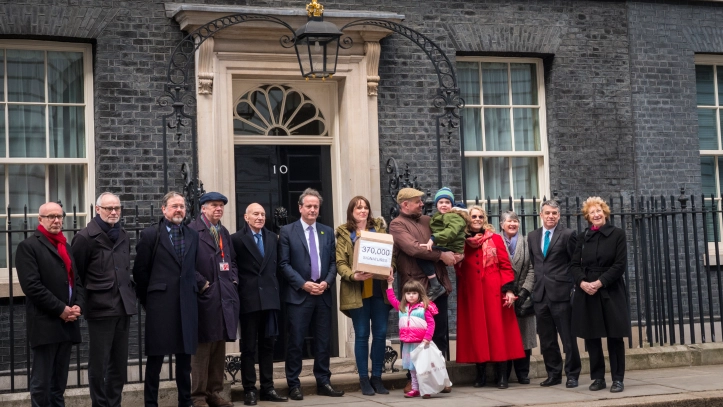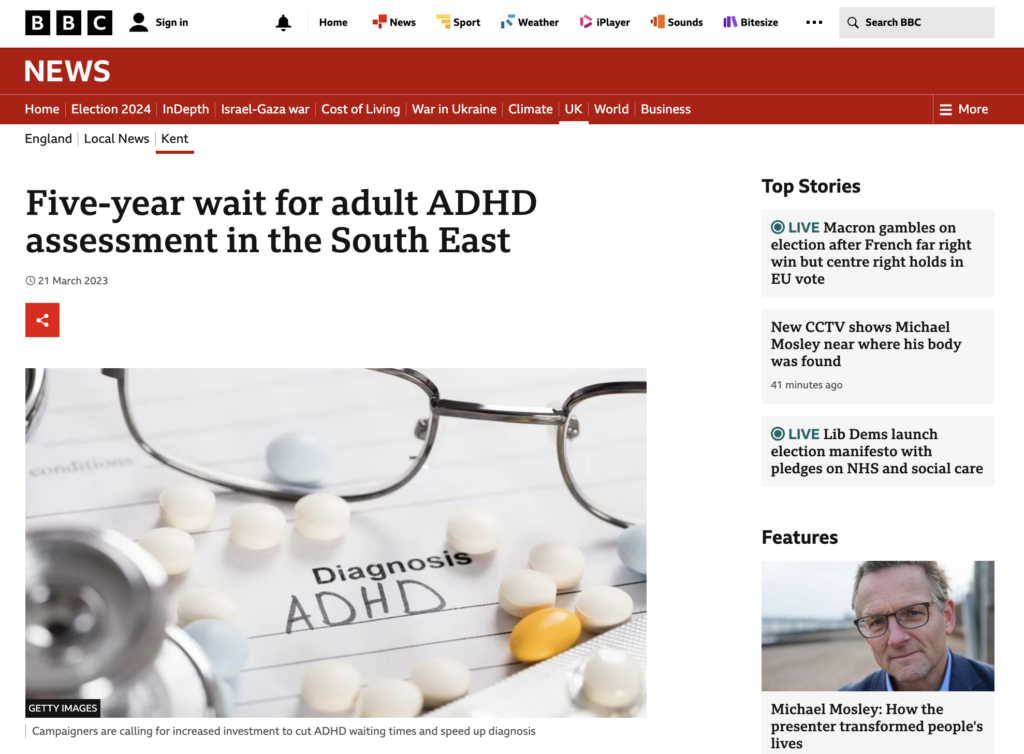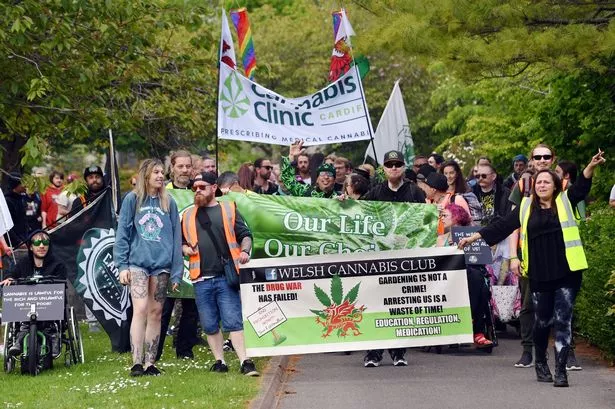The NHS’ Failure Will Drive Medical Cannabis Uptake
"Being in pain all day is horrible, depressing, people lose their jobs, families get disrupted, and the societal cost is enormous. Yet, we let this happen and refuse to look at alternatives that are readily available."
In recent years, there has been a growing conversation about the potential benefits of medical cannabis. Medical Cannabis on prescription was ‘legalised’ in the UK in November 2018.
Since then, around 50-60,000 patients have had at least one prescription. An estimated 35,000 active patients return regularly to a clinic for repeat prescriptions and consultations. These figures come from reports by the 40 UK medical cannabis clinics, as well as the Company’s House revenue numbers of importers and distributors.
Medical cannabis doesn’t work for everybody. However, there is an increasing number of patients, almost doubling annually since 2018. This shows increasing demand and the unmet need which medical cannabis is addressing.
Current care gaps caused by the NHS’ failure
Traditional treatments fall short for many patients, and NHS waitlists are staggering. An increasing number of individuals have no choice other than to turn to alternative options to manage their conditions. A significant factor driving this shift to alternative treatments is the NHS’ failure to adequately address patient needs.
The NHS, while undoubtedly designed to be a cornerstone of healthcare in the United Kingdom, is facing numerous challenges. From long waiting times for appointments to limited/restricted treatment options for certain conditions, patients often find themselves frustrated by the system’s limitations.
“Failing to meet diverse patient needs has created a gap that medical cannabis is poised to fill. Unfortunately, many patients who use cannabis for medical purposes are unaware of the legality and continue to use the illicit market for treatment.”
One of the key advantages of medical cannabis is its versatility in treating a wide range of symptoms of many conditions, including chronic pain, breakthrough pains, epilepsy, and many mental health issues like PTSD and anxiety disorders. Unlike many traditional pharmaceuticals, cannabis-based medications offer patients a natural alternative with potentially fewer side effects. For individuals who have exhausted conventional treatments without success, medical cannabis represents a beacon of hope.

This also comes at a time where opiates are no longer recommended by NHS for long-term use. The change has left a remarkable absence of appropriate treatments for chronic pain patients. The irony here is whilst not recommending a treatment, there is no offer of an alternative.
Wait times for a first appointment in an NHS pain clinic across the country vary from 6 weeks to 9 months. And that’s just the first appointment, it doesn’t mean that anything will actually be done just then. There is no real-life scenario where that should be acceptable to anybody.
“Being in pain all day long is horrible, depressing, people lose their jobs, families get disrupted, the societal cost is enormous, yet we let this happen and refuse to look at alternatives that are readily available. “
For ADHD, the prevalence of the condition has lead to an untenable position wherein the NHS cannot even manage the diagnostic waiting list. There is also an undeniable current mental health crisis, exponentially growing since COVID-19. Depression is poorly treated and suicide rates are high.

How could medical cannabis fill the NHS’ care gaps?
However, despite mounting evidence supporting its efficacy, access to medical cannabis through the NHS remains a significant barrier for many patients in the UK.
Currently 40 private clinics and several independent prescribers provide services around medical cannabis. Patients can self-refer, submit their NHS summary of care (available from their GP) and will be reviewed for eligibility before being seen (over video) by a specialist. Strict regulations around advertising however mean that only a fraction of those who could benefit from cannabis-based treatments are aware of the option, they will also be ill-informed about the cost related to going to private clinic, and the cost of the medicines. As a matter of fact, these are on par with the illicit market for people who are already using products and are lower for cannabis-naïve patients starting on THC-containing oils. This disparity underscores the urgency of addressing the failure of the NHS to provide adequate care and support for patients in need.
As awareness of the therapeutic potential of medical cannabis continues to grow, pressure is mounting on policymakers and healthcare providers to enact meaningful change. Patients are increasingly advocating for expanded access to cannabis-based treatments, citing their right to explore all available options for managing their health conditions. Moreover, healthcare professionals are becoming more receptive to integrating medical cannabis into their practice as evidence supporting its efficacy accumulates.

In this evolving landscape, collaboration between stakeholders is essential to drive progress. By working together to address the shortcomings of the current healthcare system and expand access to medical cannabis, we can ensure that patients receive the care and support they deserve. This includes investing in collecting evidence to further understand the benefits and risks of cannabis-based treatments, as well as implementing policies that prioritize patient well-being and enable the NHS to collaborate with the private market to present solutions for patients.
Some patients are now dropping out of the system or generating significant cost to the NHS because they are not adequately cared for. We are actively exploring these options. A first and simple step forward would be to support NHS doctors to write private medical cannabis prescriptions and see what impact this has on their patients. We would be delighted to organise the training for this.
Pierre’s closing thoughts on NHS Medical Cannabis
Ultimately, the continuing and increasing failure of the NHS to adequately meet the needs of patients will continue to fuel the uptake of medical cannabis and the increase of the number of cannabis-specialised services.
As individuals seek alternatives to traditional treatments or to escape suffering while on the waitlist, we must prioritize access, education, and research to ensure that all patients have the opportunity to benefit from this promising therapy. Only then can we truly fulfil our commitment to providing comprehensive and compassionate care for all.
The clinics generally have managed to reduce their consultation fees to an at-cost level and are easily accessible for patients. If the NHS were smart, it should embrace this opportunity to deal with the waitlist and current treatment failures and at least refer patients to this option or allow us to formally educate doctors to enable them to write private scripts as part of their NHS consultation.
– Pierre van Weperen, CEO Grow Pharma



